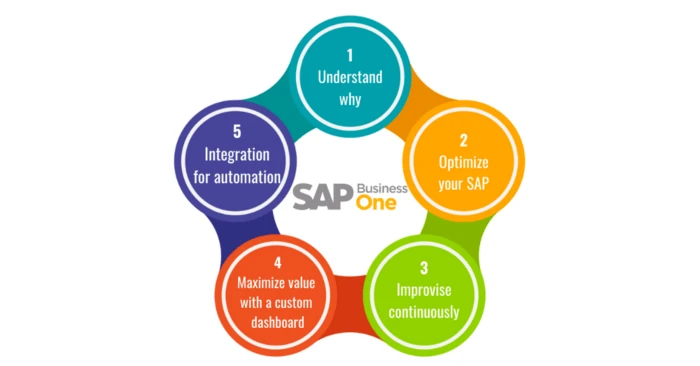In today’s scenario, when the whole world is watching pandemic and subsequent lockdowns with the ups and downs of Novel Coronavirus cases. All the industries and their business activities have seen changes in their business structure, their functions, and day-to-day operations. All the activities collectively have seen several impacts and changes after the pandemic.
In India, small and medium-sized companies were the hardest hit by the pandemic. If we talk about large industries they had resources, huge teams to face the challenges but Digital Transformation of SMEs struggled and most of them are still struggling due to limited resources, improper business structure, small scale of production and business.
This scenario highlights the importance of Digital Resilience irrespective of any industry or business type. Adopting Digital Transformation of SMEs is important for smooth functioning, mitigating risks, and creating Business Resilience. Major coverage of industries in SMEs includes seed, pharmaceutical, chemical, fertilizers, machinery, retail, manufacturing, food and beverages, wholesale, and distribution.
DIGITAL TRANSFORMATION WITH BUSINESS RESILIENCE:
Business Resilience is the strength of any company to absorb business conditions adverse or fruitful in a dynamic environment to attain its objective in order to survive and grow. By making businesses resilient through Digital Transformation of SMEs, large companies can cope with challenges and struggles in a better way.
Also Read>> What is Digital Transformation?
Covid-19 created such situations for Industries that caused disruptions in supply chains, the delayed flow of raw materials. This resulted in business losses, winding up of business units. With the revival of all the industries, companies are now focusing on digital Transformation. They now know the significance of technology in the recovery phase.
Disturbance in the supply chain and shutdown of different units of industries resulted in heavy losses. Reduced cash flows, reduced production, improper supply chain during the pandemic was prevailing in almost every industry.
Now the industries such as pharmaceutical, chemical, manufacturing, fertilizers, machinery, etc. understand the importance of centralized ERP software.
Companies along with adopting a Work-from-Home structure are interested in cloud Data Management. They are also focusing more on Risk management to build Business Resilience. Reconstructing, revamping, and optimizing current IT infrastructure in each industry is the main focus of all top-level managers.
The industries are investing in technological products to cover up this rough patch covering all the losses and struggles to build Business Resilience. Optimizing the operations department in any industry is the topmost priority. Companies whether it is large or small or medium industries are looking and adopting ERP systems to get full visibility of all the functions of the company.
Digital Transformation can reduce costs, improve efficiency, improve decision making, cost optimization, and promotion of growth in any company irrespective of its size.
A Business Resilient company has:
- Planned target and set goals.
- Best Practices to prioritize risk management and quick decision-making procedure.
- Synchronization in all the functions, resulting in reduced data redundancy.
In conclusion, Business Resilience with Digital Transformation helps an organization to function smoothly through reverse and disruptive situations effortlessly and smoothly. Through ERP a company can adopt Digital Transformation ensuring profitability and improved customer satisfaction. SAP ERP reinvents and simplifies business processes, scales up the business. For small and medium-sized companies, SAP ERP focuses on customer support, automation, supply chain process, production management, and data integration.




